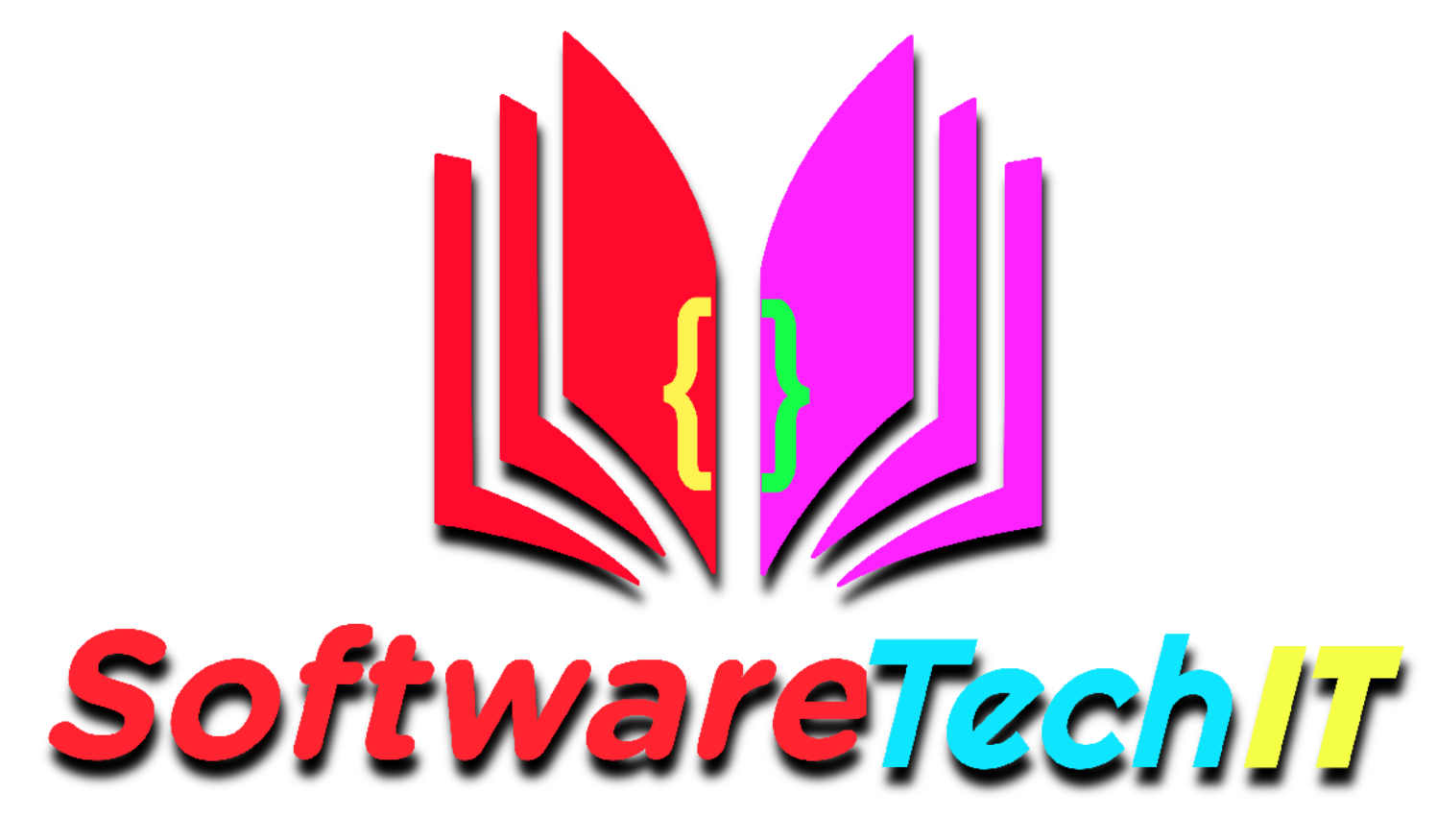Customer
Relationship Management MCQ – CRM Multiple Choice Question with Answers for
preparation of academic and competitive exams.
Customer Relationship
Management MCQs
1.
CRM is a business philosophy that aims at maximizing ___ in the long run.
Answer:
Customer value
2.
Contacts with a customer can be managed by phone, fax and e-mail. (True/False)
Answer: True
3.
According to ___, CRM is an iterative process that turns customer information
into positive customer relations.
a) Ronald S. Swift
b) Stanley A. Brown
c) Chris Todman
d) Gartner Group
Answer: (A)
4.
In the 1980s, the emergence of ___ marketing took place.
Answer:
Database
5.
CRM helped in increasing customer satisfaction from order to end product.
(True/False)
Answer: True
6.
Although ___ was developed as a Linux program, it is compatible with Windows.
a) Telemation
b) SAP
c) Oracle
d) PeopleSoft
Answer: (A)
7.
A CRM system stores comprehensive information of a customer in a centralized
way which is accessible anytime. (True/False)
Answer: True
8.
A successful CRM increases production and profit throughout the ___.
Answer:
Customer lifecycle
9.
CRM understands the ___ and the capability to create an action plan for the
staff working in the various segments.
Answer:
Segmental relationship
10.
Companies that are using ___ are raising the level of personalization.
Answer:
Proactive CRM
11.
Operational CRM has developed into two variants namely eCRM and mCRM.
(True/False)
Answer: True
12.
The main goal of ___ is to enable two-way continuous interactivity between the
customer and the company.
Answer: mCRM
13.
The objective of data mining is to detect ‘known’ relationships among data.
(True/False)
Answer: False: The objective of data mining is to detect
‘hidden’ relationships among data.
14.
Which of the following options includes relationship management with external
stakeholders in the value chain?
a) Analytical CRM
b) eCRM
c) Collaborative CRM
d) EAI
Answer: (C)
15.
The tools of technology are Information Technology and Knowledge Management.
(True/False)
Answer: True
16.
___ are important to develop and evaluate the results of marketing
interactions. (Pick the right option)
a) Campaign management tools
b) Interfaces
c) Analytical tools
d) Data warehouses
Answer: (A)
17.
The result of the comparison between customer’s expectation and customer’s
perception is ___.
Answer:
customer satisfaction
18.
Measuring customer satisfaction requires a set of activities such as preparing
questionnaires, conducting surveys, and analyzing the results. (True/False)
Answer: True
19.
___ means customer’s belief related to products or services received or
experienced.
Answer:
Perception
20.
CRM system generates ___ throughout interactions on different channels.
Answer:
360-degree customer view
21.
There are three phases of customer interaction. (True/False)
Answer: False: There are four phases involved in customer
interaction.
22.
___ is the translation of customers’ strategies into rules.
Answer:
Context
23.
Integrated view of the customer provides a connection between customer
interaction channels and customer strategy. (True/False)
Answer: True
24.
In ___, active management and assessment of products and services take place.
(Pick the right option)
a) Intelligence phase
b) Value creation phase
c) Integration phase
d) Initial phase
Answer: (C)
25.
CRM ___ combines the information of the customer that flows through different
departments and customer channels.
Answer:
Architecture
26.
Salesforce automation helps automate some processes that are associated with
services. (True/False)
Answer: False: Customer service automation helps to
automate some processes that are associated with service.
27.
The ___ of CRM deals with communication between companies and their customers.
(Pick the right option)
a) Collaborative feature
b) Operational feature
c) Analytical feature
d) Automation feature
Answer: (A)
28.
Technology plays a vital role in managing ___.
Answer:
Customer Knowledge Store
29.
SFA ensures ___ and helps to increase the revenues by making better decisions.
Answer:
Customer satisfaction
30.
SFA enables collaboration and improves communication in the sales team.
(True/False)
Answer: True
31.
___ enables wireless or wired data synchronization between enterprise systems
and mobile devices.
Answer:
Server-based iMobile suite
32.
Docking synchronization is done once a day and it is primarily used to retrieve
basic information like addresses, phone numbers, etc. (True/False)
Answer: True
33.
Which one of the following options is the correct benefit of SFA?
a) Decreases trading and increases administration
b) Helps to close agreements slower
c) Provides real-time visibility into sales
d) Helps to implement consistent sales processes across departments only
Answer: (C)
34.
Features like strong ___, easier integration, and better end-user experience
are included in SFA.
Answer:
Customization
35.
Which of the following features of SFA helps to integrate the financial
functionality of the back and front office of an organization?
a) Contract management
b) Opportunity management
c) Asset management
d) Data quality management
Answer: (A)
36.
Dashboards provide immediate access to a real-time view of sales data.
(True/False)
Answer: True
37.
A 360-degree view of each lead, customer, and account can be developed through
a medium of ___ in an organization.
Answer:
SalesForce Automation software
38.
Opportunity management functionality of SFA helps to manage multichannel
interactions. (True/False)
Answer: False: The customer management functionality of
SFA helps to manage multi-channel interactions.
39.
Which of the following options is linked to order management?
a) Improves financial planning by easily tracking sales pipeline
b) Maintains audit information automatically
c) Associates opportunity data records with purchase decisions
d) Exports and imports account data
Answer: (A)
40.
___ and sharing of information are enabled in SFA to improve the organization.
Answer:
Collaboration
41.
If ___ is not done regularly, organizations may find it very expensive to
manage data.
Answer:
Data deduplication
42.
It is essential that marketing managers or team leaders have monthly access to
the SFA system. (True/False)
Answer: False: It is essential that marketing managers or
team leaders have daily access to the SFA system.
43.
Most of the SFA systems have default lead and opportunity stages, accounts and
contacts fields, reports, and dashboards. (True/False)
Answer: True
44.
The entire sales pipeline is affected by ___ reporting.
Answer:
Inconsistent
45.
Conflicts of data should be reconciled at the record level rather than at the
field level. (True/False)
Answer: False: Conflicts of data should be reconciled at
the field level rather than at the record level
46.
An efficient synchronization system must: (Choose the false option)
a) Support large-scale field implementation
b) Give flexible support for the server database
c) Be dependent on the database
d) Easy to use
Answer: (C)
47.
During synchronization, to avoid database errors, the system should apply only
those files that are complete. (True/False)
Answer: True
48.
Use of ___ helps to supplement sales efforts and provide fast data amidst a
busy business schedule.
Answer: SFA
tools
49.
Reporting engine pulls out information from multiple sources to produce
reports. (True/False)
Answer: True
50.
Name two industries that use tools to provide product-specific configuration
support to build products for their customers.
Answer:
omputer technology vendors, Telephone companies
51.
___ is part of customer automation and part of sales force automation.
Answer:
Field Force Automation (FFA)
52.
EMA is designed to ___ the processes like designing, implementing, and
analyzing direct marketing campaigns which are sophisticated in nature.
Answer:
Automate
53.
The main objective of EMA is to fasten the cycle of the direct marketing
campaign. (True/False)
Answer: True
54.
Which among the following is defined as an ability to track and respond to
clients in an individualized manner? a) Personalization
b) Automation
c) Inbound management
d) Outbound management
Answer: (A)
55.
Personalization is done by analyzing each customer’s past contacts and
behaviour. (True/False)
Answer: True
56.
Outbound e-mail management helps organizations handle inbound queries raised by
customers.
(True/ False)
Answer: False: Outbound e-mail management helps
organizations to form and perform permission-based marketing campaigns.
57.
The ___ e-mail management is totally considered as a service-oriented activity.
Answer:
Inbound
58.
___ helps the organizations to form and perform permission-based marketing
campaigns.
Answer:
Outbound e-mail management
59.
Enterprise Marketing Automation helps in improving marketing effectiveness and
efficiencies by planning, testing, and executing ___.
Answer:
Marketing campaigns
60.
EMA software helps an organization to pick up the contact details from multiple
sources in ___ form.
Answer:
Soft copy
61.
De-duping helps to make only one entry per customer. (True/False)
Answer: True
62.
It is important to store the list generated for a particular campaign in the
database. (True/False)
Answer: True
63.
A ___ is successful and effective if there are careful research and a
well-planned design that focuses on the details and implementation of the
campaign.
Answer:
Marketing campaign
64.
Which among the following is a major part of applications and techniques that
help in gathering, storing, analyzing, and accessing the data?
a) Business analytics
b) Data visualization
c) Data mining
d) Virtual reality
Answer: (A)
65.
A business analytical application automates the process of ___ and generally
carries out a part of the decision-making activities of a human being.
Answer:
Thinking
66.
Financial modelling, budgeting, resource allocation, and competitive intelligence
are some of the advanced applications of BA. (True/False)
Answer: True
67.
The process of analyzing and extracting the important information from a pile
of collected data is defined as___.
Answer:
Knowledge Discovery
68.
Visualization or data visualization is a ___ tool that helps in interpreting
data using visuals or images.
Answer:
Business Analytics
69.
DSS are highly helpful in identifying the relationship between trends.
(True/False)
Answer: False: Visual tools are highly helpful in
identifying the relationship between trends.
70.
In ___, devices connect directly and synchronize with their owners’ data on a
PC. (Pick the right option)
a) Software-based synchronization
b) Web-based portal synchronization
c) Enterprise space synchronization
d) Docking synchronization
Answer: (A)
71.
An efficient synchronization system is a system that is successful in sending
___ amount of data to remote users.
Answer:
Minimal
72.
___ is the latest, new generation direct marketing software that helps
marketers to automate their marketing activities.
Answer:
Enterprise Marketing Automation
72.
Integrated marketing strategy aims at unifying different marketing methods.
(True/False)
Answer: True
73.
Indirect communication channels promote sales whereas direct communication
channels promote sales and improve the ___.
Answer:
Customer relationship
74.
Name two direct communication channels.
Answer:
Direct mail, e-mail




















0 Comments